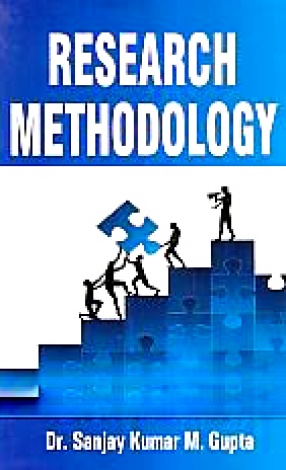For the past fifty years, aid has been viewed as a major instrument for alleviating poverty in the Third World. The current debate is about the effectiveness for official development assistance or ‘aid’ as it is commonly known. Started as a massive experiment in the 1960s, foreign aid programmes were launched long before there was compelling evidence to suggest they could work. In spite of several decades of such assistance, third world economies have failed to show any significant development. However, the conventional wisdom among development economists and donor communities continues to believe that present aid strategies and the institutional structure for aid management are functioning reasonably well. In this book Ashok Chakravarti argues that there should be more recognition of the role economic and political governance can play in achieving positive and sustainable development outcomes. Using the latest empirical findings on aid and growth, this book reveals how good governance can be achieved by radically restructuring the international aid architecture. If aid programmes are aimed away from so-called poverty reduction measures and play a more forceful role in political and institutional reform, aid can truly be made an effective instrument. In the context of recent writing on growth, distribution, and development in general and researchers in development economics, policymakers, NGOs aid managers and students will find this book useful.
India’s Internal Security Challenges
$49.50
$55.00





There are no reviews yet.